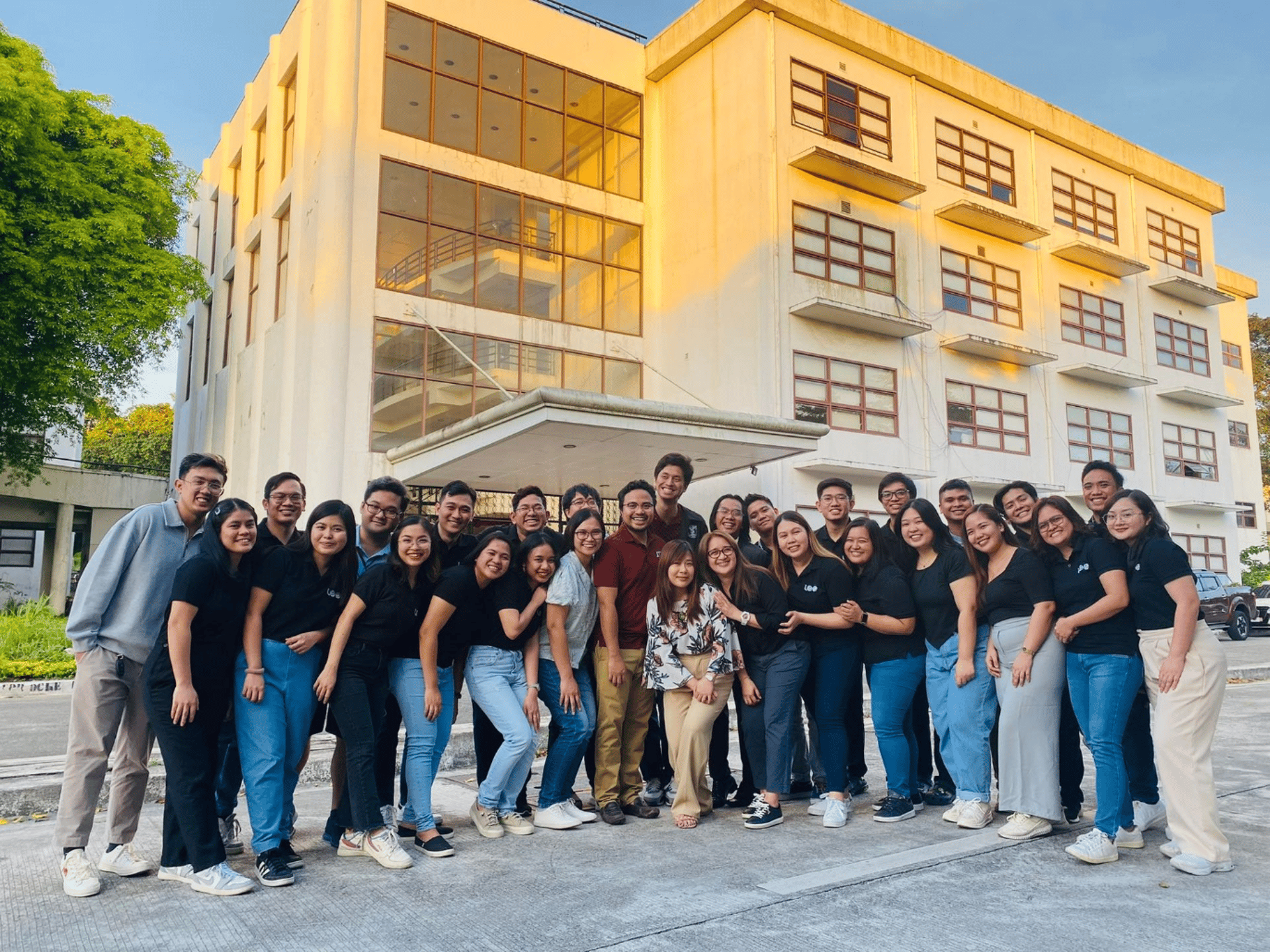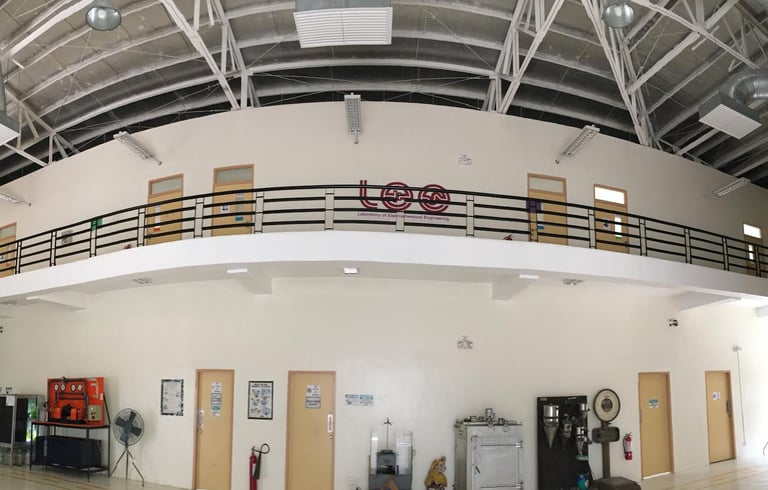
Welcome to the UP Diliman
Laboratory of Electrochemical Engineering (LEE)
The Laboratory of Electrochemical Engineering (LEE), one of the most active research laboratories in the University of the Philippines, is among the few research groups in the country dedicated to the development of electrochemical energy conversion and storage systems.
About the Laboratory of Electrochemical Engineering
The Laboratory of Electrochemical Engineering (LEE) is one of the most active research laboratories in the University of the Philippines Diliman and is among the few research groups in the country dedicated to the development of electrochemical energy conversion and storage systems. The laboratory takes on the technological challenge of finding efficient and sustainable energy supplies that can meet the demands of mankind while preserving the environment. It does so by being involved in multi-scale research on electrochemistry, physical chemistry, and energy systems. LEE has also mentored over 25 MS and PhD students, and has published more than 100 ISI and Scopus-indexed publications. Currently, there are six ongoing major R&D projects in the laboratory.


150+
4
Ph.D. Students
Publications
15
M.Sc. Students
Contact Us
Get in touch for inquiries on sustainable energy solutions.
Research
Innovating sustainable energy solutions for the future.
EMAILS
Contact
jttomacruz@up.edu.ph
© 2025. All rights reserved.
